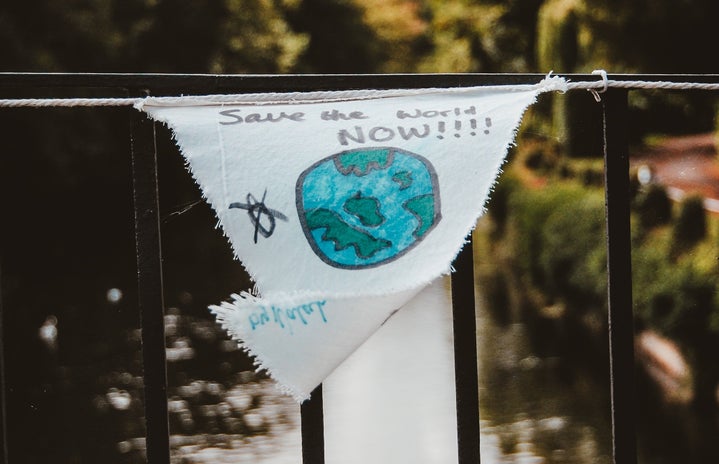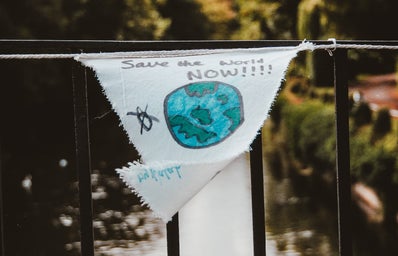“We always voted for Chavez” said Mariza, a certified nurse who fled Venezuela to escape poverty, violence and lack of medical care. Mariza hoped to find a job in her field in Colombia, but was faced with the horrifying truth that she would have to sell her body in order to provide for herself and her child. She, along with thousands of others, have been left with no choice but to leave their home country to survive, often with dangerous consequences. Oblivious to Chavez’s poor economic planning, Venezuelans supported his presidency until the economy failure became obvious. Now Venezuela’s economy is facing a turmoil more detrimental than ever before and people who once supported Chavez are now fighting against his replacement, Nicolas Maduro.
The proof is in the pictures and the stories of immigrants. Venezuela, once a vacation destination and overall wealthy country due to their oil supply, is now on the brink of being wiped out due to the fall of the economy. Streets are littered with people foraging through trash bags for food. Crime rate statistics show that 73 Venezuelans die per year of violent crimes. Shortages in medicine are causing measles and other diseases to spread across the country. Whether or not this chaotic disaster can be faulted by socialism or poor economic management, something must be done to stop it from stealing the homes and lives of Venezuelans forever. On Tuesday, Feb. 12, the U.S. attempted to send in humanitarian aid, but their attempts were met with blockades. Large cargos laid horizontally across the road on the boarder are evidence of how resistant Maduro is to accepting aid. When Maduro was asked why a blockade was placed, he responded saying “the U.S. intended to create a humanitarian crisis to justify military intervention.” Maduro continues to defend himself by claiming the reports of Venezuela’s conditions are false and constructed completely by the U.S. in attempt to make him appear inadequate. Whether or not this is true, we do not know. Could this be another scheme set up to invade yet another oil rich country and start a war, similar to the situation in Iraq? We do not know. What we do know is the economy is on the verge of collapsing.
Nicolas Maduro, Chavez’s successor, has done nothing to pull Venezuela out of its economic hole. Maduro continued to implement Chavez’s regimen of “capping” prices on items such as flour, cooking oil and toiletries. In other words, each item was designated a specific price and could not surpass that price. While it made goods more affordable, markets were not able to compete and goods were no longer profitable to the suppliers. Along with price capping, Venezuela’s oil prices dropped drastically, eventually causing the market to crash. Venezuela’s major source of income is through oil production, so this was a massive hit to their economy. In turn, the value of the Bolivar decreased drastically. In 2018, the price of a chicken cost 14.6 million Bolivar. When stacked, that comes out to 32 pounds of money for just one chicken. Venezuela is currently facing an inflation rate of 80,000 percent and growing, otherwise known as the highest rate in modern history.
Though the future of Venezuela is standing on a sheet of thin ice, there might still be hope. Juan Guaido, President of The National Assembly of Venezuela, has challenged Maduro’s presidency. Guaido claims that Maduro’s inauguration was illegitimate and rigged. Guaido stands with protestors in the streets, yelling “we will fight back until we have democracy.” The U.S. and Canada support Guaido’s claim to presidency, while China, Russia, Mexico, Turkey and Uruguay are in favor of Maduro.
With confusion over who is president and the current economic downfall, Venezuela is in critical condition. Many pieces seem to be missing from the puzzle in this crisis. Is the U.S. sending in aid as a ploy to introduce military to the oil rich country? Is Maduro ignoring the fact that his country is in jeopardy? And how will Venezuela determine who is president? While it is true the economy is collapsing, are we approaching the situation in our best efforts to help?



